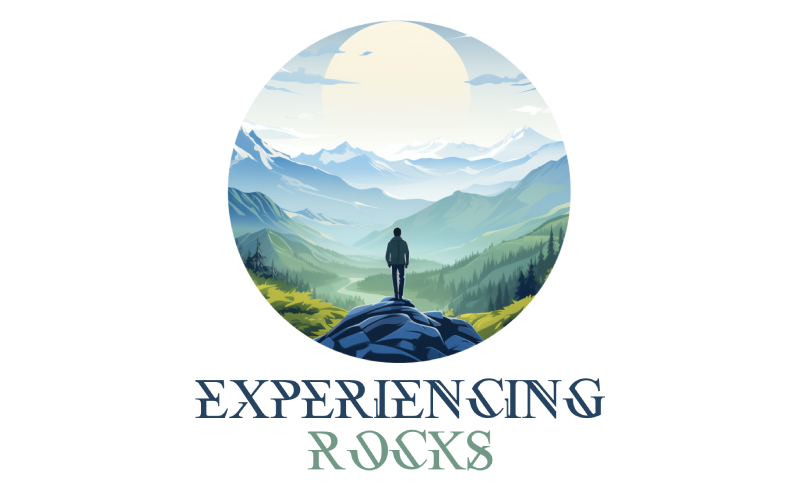In an age where mental health has taken center stage in our collective consciousness, the healing power of nature has never been more relevant. Camping and hiking often considered mere recreational activities, have emerged as powerful tools for improving mental health. This article delves into the myriad ways in which immersing oneself in the tranquility of nature through camping and hiking can foster mental well-being, offering a respite from the stresses of modern life.
The Science of Nature and Mental Health
The relationship between nature and mental health is backed by a growing body of scientific research. Studies have shown that spending time in natural environments can reduce symptoms of anxiety, depression, and stress. The sensory experience of being outdoors, from the sound of rustling leaves to the sight of a sprawling landscape, can trigger a relaxation response in the brain, shifting it away from the fight-or-flight response typical of stressful situations.
Mindfulness and Presence
Camping and hiking encourage a state of mindfulness, a mental practice of being fully present and engaged with the current moment. This mindfulness, facilitated by the natural surroundings, allows individuals to break free from the cycle of overthinking and rumination that often characterizes mental health struggles. The simplicity of outdoor activities, like setting up a camp or following a trail, demands attention and focus, anchoring the mind in the present.
Physical Activity and Mental Well-being
The physical aspect of hiking and camping plays a crucial role in enhancing mental health. Physical activity, especially in the form of hiking, releases endorphins, the body’s natural mood lifters. This physical exertion, coupled with exposure to sunlight, can also help regulate sleep patterns. Better sleep quality is directly linked to improved mental health, reducing symptoms of mood disorders and anxiety.
Social Connections and Community
Camping and hiking often involve social interactions, whether it’s a family camping trip or joining a hiking group. These activities foster a sense of community and belonging, which is vital for mental health. Social connections made during these outdoor adventures can provide emotional support, reduce feelings of loneliness, and enhance one’s sense of purpose and belonging.
Disconnection from Technology and Stress
In an era dominated by screens and digital communication, camping and hiking offer a much-needed break. Disconnecting from technology and the constant barrage of notifications allows the mind to relax and decompress. This digital detox can lead to reduced stress levels, improved concentration, and a better overall mood.
Building Resilience and Self-Efficacy
The challenges faced during camping and hiking, such as navigating difficult trails or adapting to the outdoors, can build resilience and a sense of accomplishment. Overcoming these challenges boosts self-efficacy, the belief in one’s ability to handle challenges. This newfound confidence can be transferred to other areas of life, aiding in the management of mental health challenges.
Conclusion
Camping and hiking are more than just leisure activities; they are gateways to improved mental health. By connecting with nature, engaging in physical activity, fostering social connections, and embracing the present moment, individuals can experience significant mental health benefits. In a world where mental health is increasingly a concern, the simplicity and accessibility of camping and hiking offer a natural, effective way to nurture mental well-being, proving that sometimes, the best therapy is found on a trail or under the stars.

